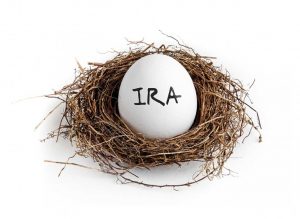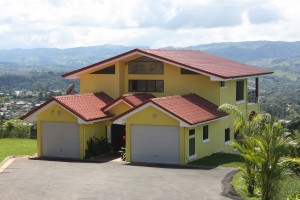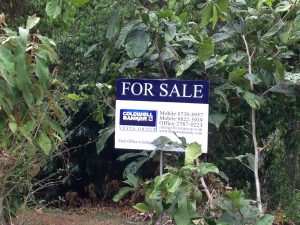Let’s say you’ve run the U.S. rat-race for the past few decades and have a nice nest-egg to show for it. You’ve not reached “retirement age” quite yet, but that delightful day isn’t too far off. Your nest-egg is tied up in your 401K account and you don’t dare want to touch it, knowing that if you do, the tax man cometh and cometh hard.
You’ve heard that Costa Rica’s a nice place to invest, but apart from all that dough trapped in your 401K, you really don’t have any other way to access the funds to buy your little piece of Costa Rican paradise.
You’d like to make the investment asap and let it appreciate, while generating some income, over the next few years. Once you reach the ripe old age of 60, you’ll say sayonara to the boss and co-workers and head south to live out the rest of your days on that Costa Rican beach you’ve been reading about.
Well, you could roll over the funds in your 401K to a Self-Directed IRA, making sure to pick a custodian who allows investments in foreign real estate. Then you would direct your IRA custodian to make the investment in income producing Costa Rica real estate, either directly in the name of the IRA, or, even better, into the shares of a Costa Rican company, who will then receive the cash to fund the real estate purchase.
Then you sit back and watch your IRA-owned Costa Rica corporation rake in the income from your Costa Rica investment, without any U.S. tax implications. Once you finally reach retirement age you can then proceed to live out your years in your Costa Rica home.
Can you really do this? Is purchasing Costa Rica real estate with an IRA actually allowed? Sure, but with a few caveats.
First, any form of self-dealing is considering a prohibited transaction and will blow up the tax deferral benefit the IRA provides. That means you have to make sure the property the IRA purchases is not owned by a disqualified person, such as one of your relatives, brothers and sisters (and their spouses) excepted. You can’t rent the home to a disqualified person either.
You also can’t dare live or vacation in the home until you reach the ripe old age of 59.5. At that age you can receive a distribution of the home without triggering a penalty. The distribution would be taxable at ordinary income rates if your IRA is a traditional one. But if it’s a Roth IRA, then even the distribution of the home would not be taxable!
What kind of Costa Rica property can you purchase?
Well, the example above presumes a property that will produce a good rental income, such as a condo or home at a beach popular with the tourists. But you certainly aren’t limited to that. It could also be raw land, or a commercial building.
There really are no restrictions regarding the types of Costa Rica real estate your IRA can invest in.
Can your IRA borrow the money to buy the Costa Rica property? Yes, but it must be a “non-recourse” loan. That means a loan where the only thing the lender can go against in the event of default is the property itself. There are specialty lenders for these type loans. Obviously loan to value ratios are likely to be lower than with conventional mortgages.
As always, the many nuances of Self-Directed IRA purchases of foreign real estate are well beyond the purview of this short blog post. You should seek the advice of a qualified tax professional for your particular situation.




